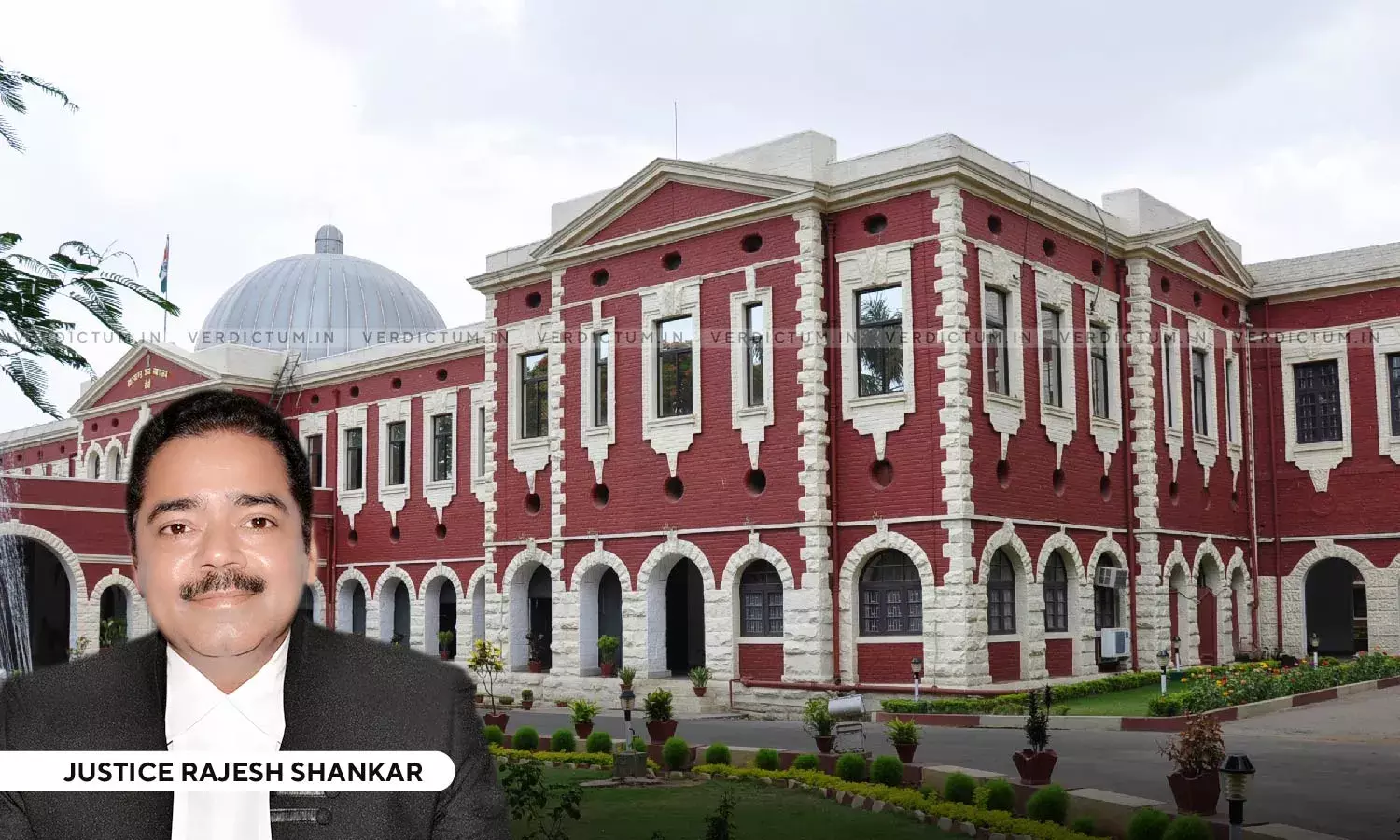Migrant Can Claim Reservation Benefits Only In His/Her State Of Origin & Not In Migrant State: Jharkhand HC

The Jharkhand High Court reiterated that a person who has migrated to another state shall only receive the benefit of reservation in his/her state of origin and not in the migrant state.
A Bench of Justice Rajesh Shankar held, “This Court is of the view that on mere ground that caste certificate of the petitioner for S.T category has been issued by the Sub-Divisional Officer, Godda, she cannot claim benefit of reservation in the State of Jharkhand in view of the settled position of law that a person, who has migrated to the other State, shall get benefit of reservation only in the State of origin.”
Advocate Abhishek Srivastava appeared for the Petitioner, Advocate Sweta Shukla appeared for the State and Advocate Sanjay Piprawall appeared for the Jharkhand Staff Selection Commission (JSSC).
The petitioner's counsel argued that the petitioner, originally from Bihar and belonging to the 'Lohara' caste, obtained a Scheduled Tribe (S.T) caste certificate from Jharkhand after marriage. The JSSC issued a show cause notice, questioning the basis of her caste certificate. Despite submitting a fresh certificate based on her parents' details, a subsequent notice indicated a failure to submit a valid caste certificate, limiting her candidature to the unreserved category.
The Court referred to key judgments, including Marri Chandra Shekhar Rao vs. Dean, Seth G.S. Medical College & Others (1990) and Action Committee on Issue of Caste Certificate to SCs/STs in the State of Maharashtra & Another (1994), to establish that caste benefits apply primarily in the state of origin.
The Court cited the case of Ranjana Kumari v. State of Uttarakhand (2019), reiterating that recognition of the same caste in the migrant state does not grant entitlement to reservation benefits. It referred to its own decision in Pramila Orain v. The State of Jharkhand (2022) and another case, Kanchan Kumari & Anr. v. State of Jharkhand & Ors. (2019), to emphasize that a person who has migrated shall receive reservation benefits only in their state of origin.
The Court noted, “In the present case also, the admitted fact is that the state of origin of the petitioner is State of Bihar and she migrated to State of Jharkhand after her marriage. The petitioner obtained caste certificate from the office of the Sub[1]Divisional Officer, Godda by giving the address of her husband as her place of residence.”
The Court concluded that the petitioner, who migrated to Jharkhand after marriage, cannot claim the benefit of reservation in Jharkhand. Consequently, the Court dismissed the writ petition, stating that the issue has been conclusively addressed in previous judgments.
Cause Title: Rina Kumari Rana v. The State of Jharkhand & Ors.
Click here to read/download Judgment


